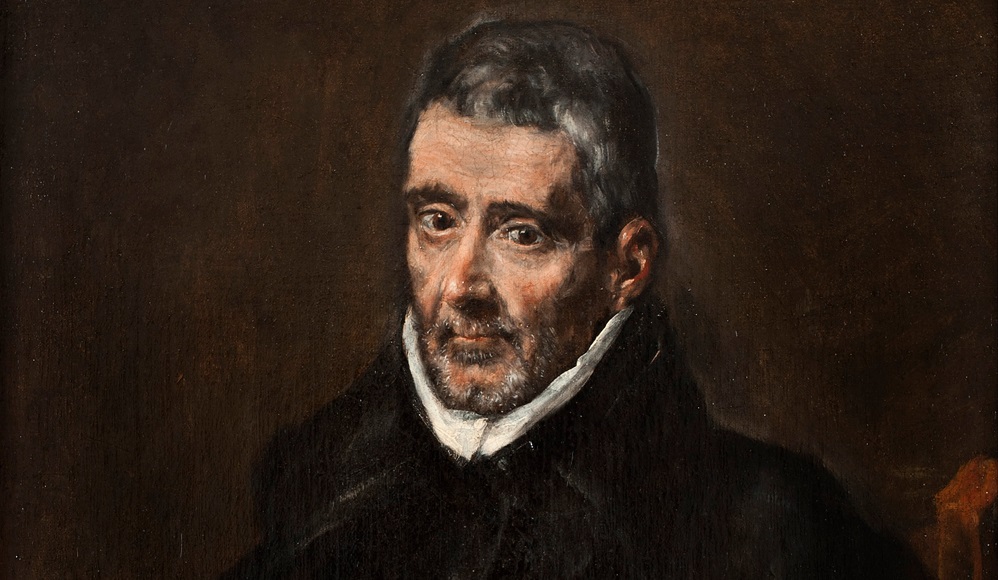Beloved as the so-called Apostle of Andalusia, John of Ávila was a Spanish mystic reformer and brilliant preacher. He was born near Toledo, Spain, to a Jewish family and studied law at Salamanca (1514-1515) before being drawn to a religious life. For three years, he adhered to a life of prayer and austerity before studying theology at Alcalá under the great Spanish Dominican Domingo Soto (1494-1560). Ordained in 1525, he initially prepared for missionary work in Mexico, but in 1528 Archbishop Hernando de Contreras of Seville asked him to remain in Spain to revive the faith in Andalusia. Preaching from 1529, he soon attracted huge crowds with his sermons and was investigated by the Spanish Inquisition on charges of heretical teaching of excessive rigorism, denunciations of wealth and exaggerations. Acquitted and acclaimed in 1535, he continued his Andalusian ministry.
After nine years, he returned to Seville and then preached in Córdoba, Granada and numerous towns throughout the kingdom. Renowned for his sermons, he was an ardent proponent of clerical reform, especially concerning celibacy, and directly influenced such future saints as Francis Borgia, Luís of Granada, John of God and Teresa of Ávila. An associate of the Jesuits, he did much to foster the growth of the order in Spain, dying before he could fulfill his hope of becoming a member. Among his writings are Audi Filia (c. 1530), a treatise on Christian perfection addressed to a young nun, Doña Sancha Carillo, and spiritual letters.
Beatified by Pope Leo XIII in 1894, he was canonized on May 31, 1970, by Pope Paul VI. He was also declared patron of the Spanish diocesan clergy in 1946 by Pope Pius XII and has long been held as a role model for priests. Pope Paul VI said of him: “John did not doubt. He was conscious of his vocation. He had faith in his priestly election.”
On Aug. 20, 2011, Pope Benedict announced during a trip to Spain that he would declare St. John a Doctor of the Church. He said: “With great joy, here in this Cathedral Church of Santa María La Real de la Almudena … I will shortly declare St. John of Ávila a Doctor of the universal Church. In making this announcement here, I would hope that the word and the example of this outstanding pastor will enlighten all priests and those who look forward to the day of their priestly ordination. I invite everyone to look to St. John of Ávila, and I commend to his intercession the bishops of Spain and those of the whole world, as well as all priests and seminarians.”

